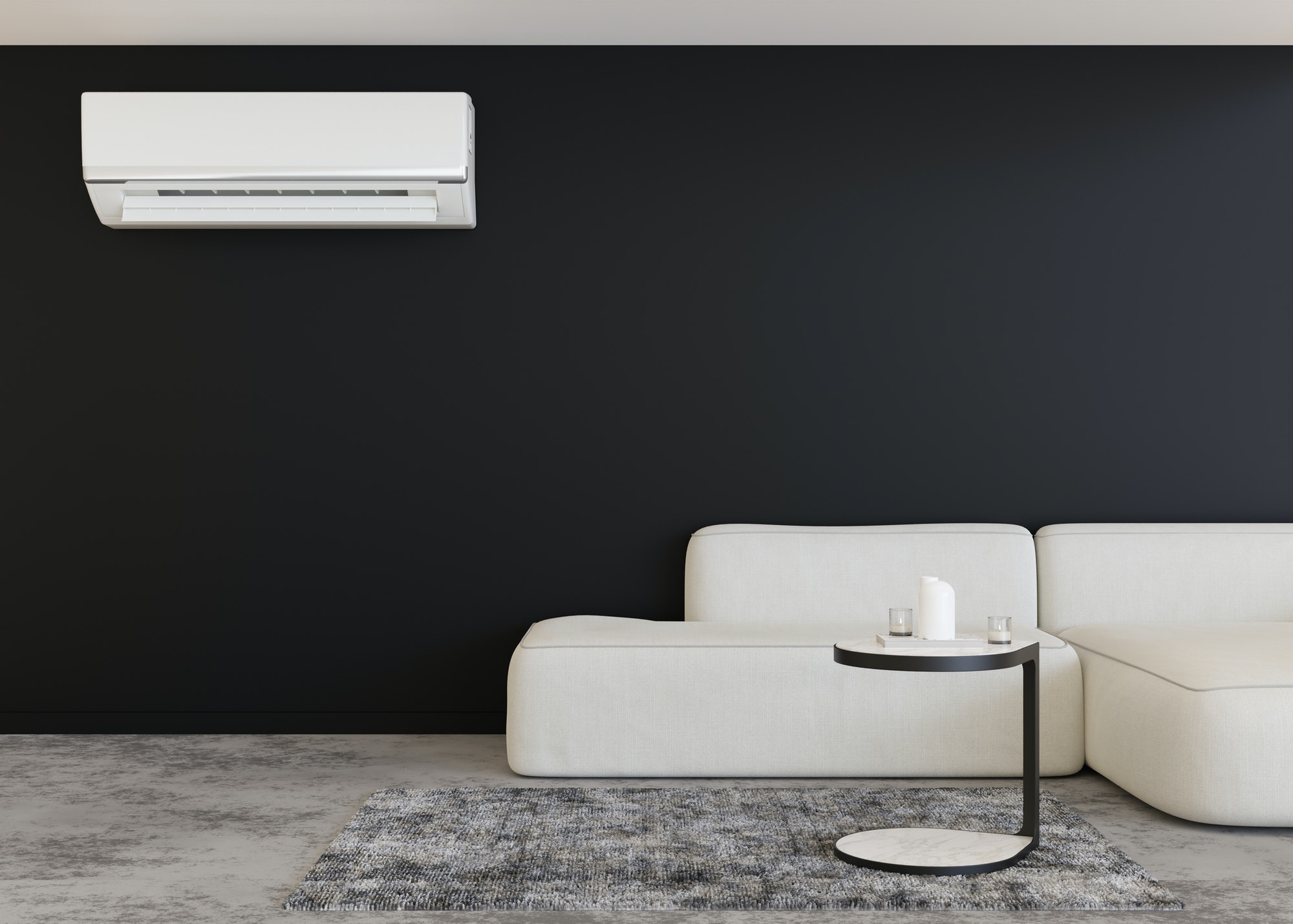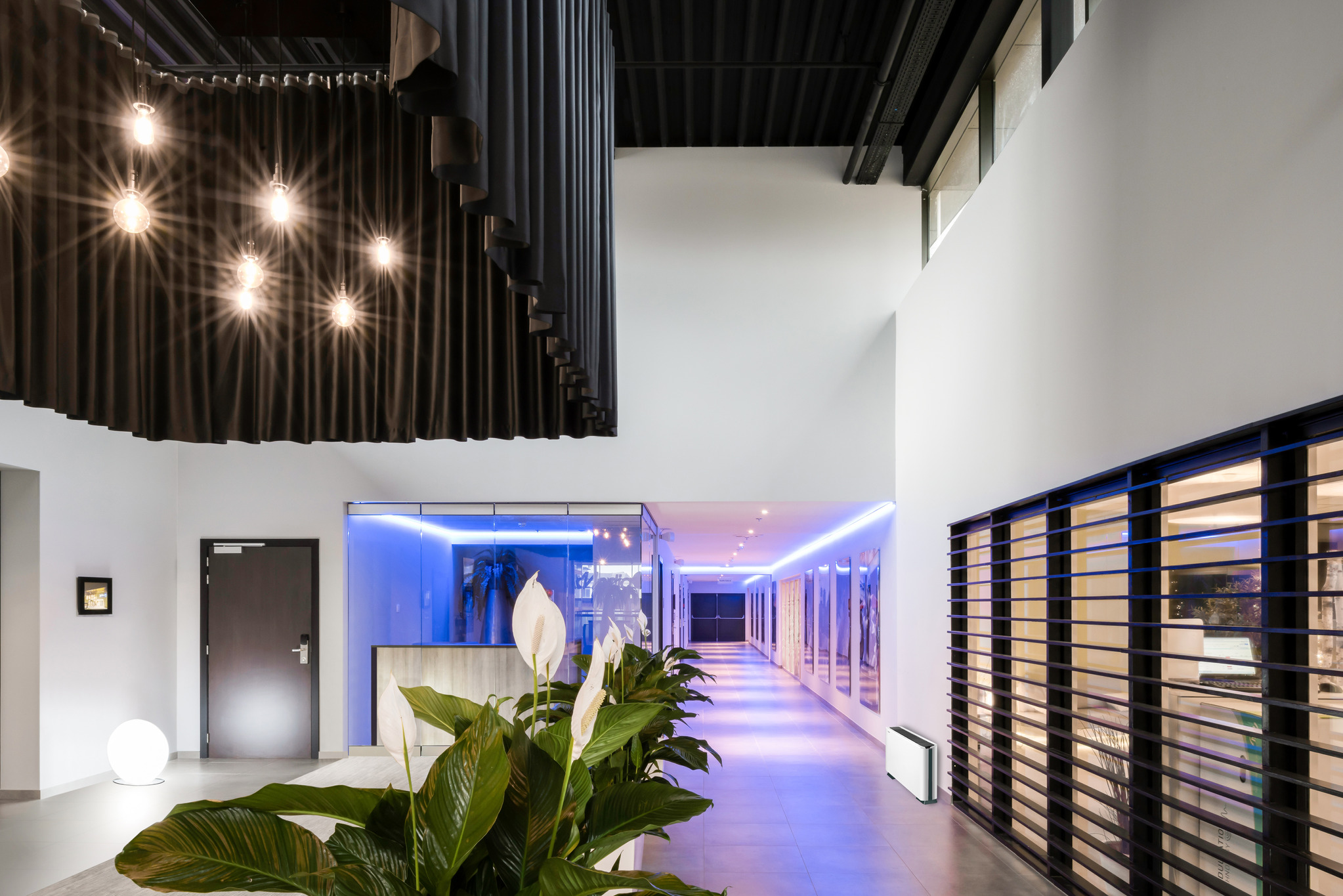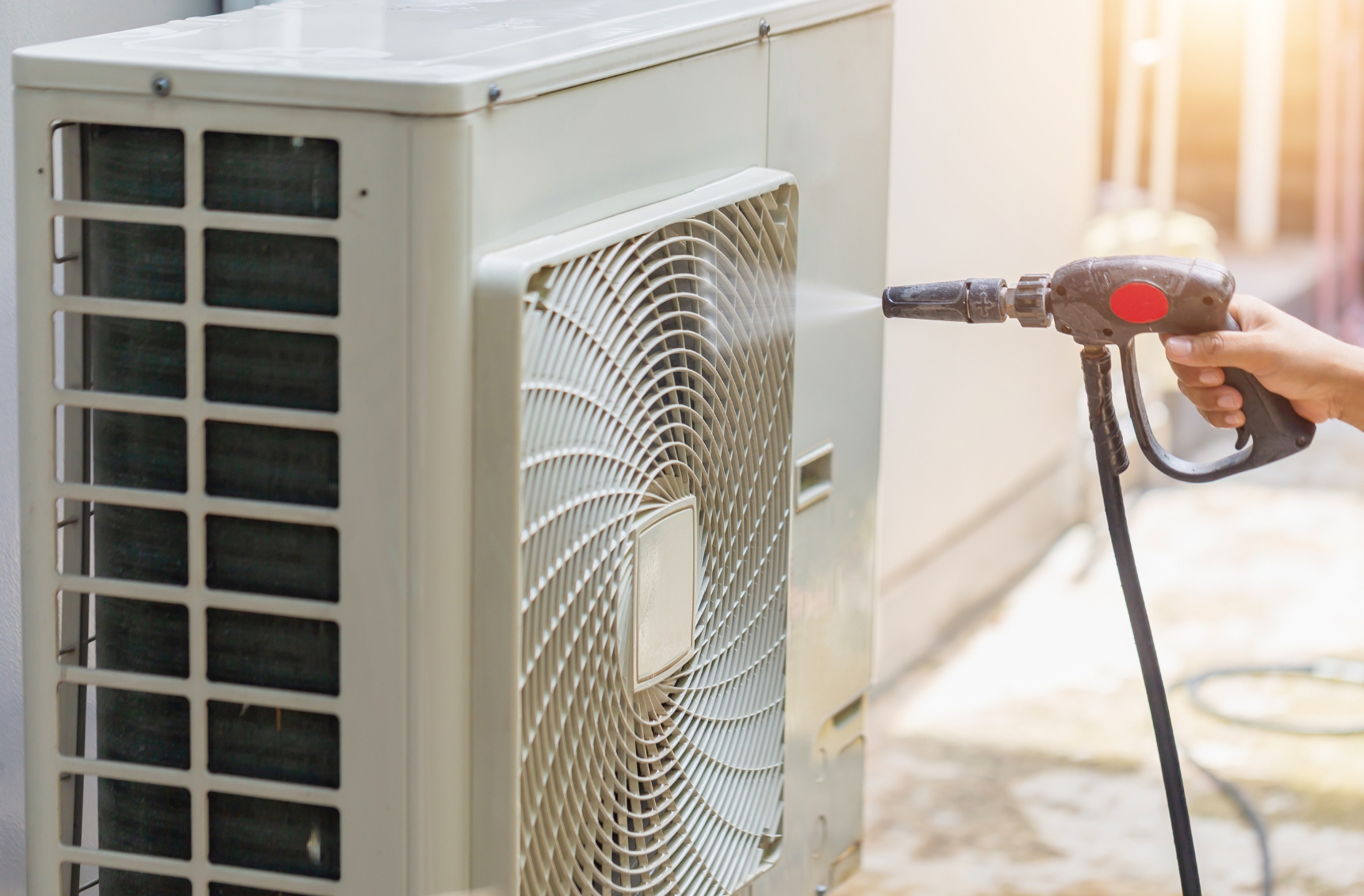Types of air conditioning units
Discover the perfect air conditioning unit for every space. Chill with the experts in air conditioning installation.
Ducted Air Conditioning
Transform your space into a haven of comfort with our expert Ducted Air Conditioner Installation service.

Wall Mounted Aircon
Experience the ultimate cooling comfort with our state-of-the-art range of wall mounted air conditioners.

No Outside Box Aircon
With its innovative design, you won’t need to worry about complicated installations of outdoor units.

Floor Mounted Aircon
Upgrade your space’s climate system with premium floor mounted air conditioning units.

Low-Wall Aircon Units
Experience unmatched air comfort with our top-of-the-line low wall mounted air conditioning units.

Ceiling Mounted Aircon
Ceiling Mounted air conditioning units with professional support from our expert installers.

Any Air Con Installations
Get hands-on support from our professional installers to ensure all installation details in your home or business and ensure you’re set up in a timely manner.

Heating & Ventilation
Heating and ventilation systems regulate temperature, humidity, and air quality, which can have a significant impact on our health, productivity, and well-being.
Service & Repair
It is important to have your air conditioner serviced and maintained, and you should also have your air conditioner repaired immediately if it breaks down.

Fixed Price Installation
Discover your perfect fit, and breeze through the cost.
Renewable Solutions
Reduce your environmental impact and support a sustainable future, consider switching to renewable solutions.
Stay cool and informed
Access your air-con & HVAC resource hub
Know more on air conditioning unit types
Helping you make a well-informed decision.
What size of air conditioning unit do I need?
It’s crucial to ensure that the air conditioning unit is appropriately sized for your space. Oversized units can lead to inefficient cooling and excessive energy consumption, while undersized units may struggle to adequately cool the area. A common rule of thumb is to calculate the square footage of your space and consult with a professional to determine the appropriate cooling capacity measured in British Thermal Units (BTUs) or kilowatts (kW).
What type of air conditioning system is suitable for my space?
Different types of air conditioning systems offer varying levels of efficiency, installation requirements, and cooling capabilities. For example, split-system units are versatile and suitable for individual rooms, while ducted systems provide centralised cooling for larger spaces. It’s essential to consider factors such as space layout, budget, and aesthetic preferences when selecting the right type of system.
What is the energy efficiency rating of the unit?
Energy efficiency is often expressed through seasonal energy efficiency ratio (SEER) ratings for cooling systems. Higher SEER ratings indicate greater energy efficiency and lower operating costs over time. Look for units with high SEER ratings to minimise energy consumption while still maintaining optimal cooling performance, especially given the rising energy costs in the UK.
How noisy is the air conditioning unit?
Noise levels can vary between air conditioning units, with factors such as compressor type and fan speed influencing the overall noise output. Customers often express a desire for quiet operation, particularly in office environments or bedrooms. Look for units with noise-reduction features and low decibel (dB) levels to ensure minimal disruption while the unit is in operation.
What is the initial cost of the unit and its installation?
Customers frequently inquire about upfront costs, including the purchase price of the unit and any additional expenses associated with installation, such as ductwork or electrical work. While upfront costs are important, it’s also essential to consider long-term savings through energy efficiency and potential rebates or incentives for purchasing high-efficiency units.
What ongoing maintenance does the unit require?
Regular maintenance is vital to keep the air conditioning unit operating efficiently and to extend its lifespan. Customers often ask about maintenance tasks such as cleaning or replacing air filters, inspecting ductwork for leaks, and scheduling professional tune-ups. Following manufacturer recommendations for maintenance can prevent costly repairs and ensure optimal performance.
Are there any environmental considerations, such as refrigerants used?
With growing environmental concerns, customers often inquire about the refrigerants used in air conditioning units. Environmentally friendly refrigerants with low global warming potential (GWP), such as R-410A or R-32, are preferred over older, ozone-depleting refrigerants like R-22. Opting for units with eco-friendly refrigerants aligns with sustainability goals and regulatory requirements.
What warranty and after-sales support are provided?
Warranty coverage and after-sales support are essential considerations for peace of mind and protection against unexpected issues. Customers frequently seek clarification on warranty terms, including coverage for parts and labor, as well as the availability of authorised service providers in their area. Understanding warranty details ensures prompt resolution of any potential problems.
Does the installation require any modifications to the building or existing HVAC system?
Installation requirements vary depending on the type of air conditioning system chosen. For example, ducted systems may require modifications to existing ductwork, while split-system units may necessitate the installation of outdoor condenser units. Customers often ask about potential disruptions to their space during installation and any additional costs associated with modifications.











